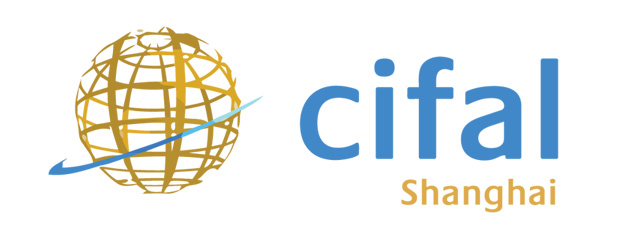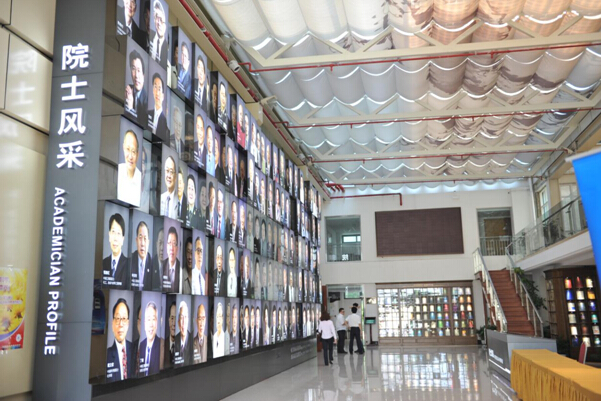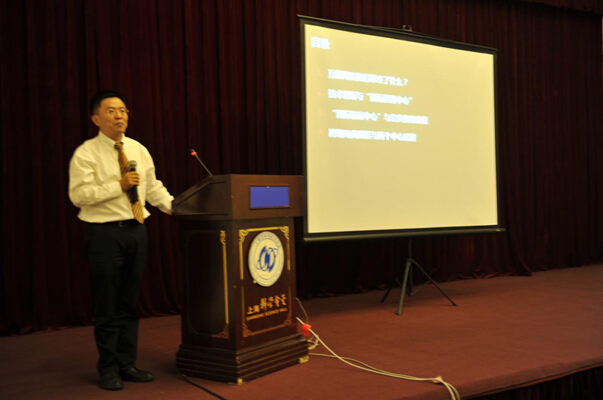



5 March 2015 Smart City Public Lecture 15 “Internet + and the Construction of International Trade and Shipping Center” was successfully completed in Shanghai. The lecture brought together 76 participants from private sectors, public sectors, academia including colleges and universities
Citizens and civil society, and others.
“Internet + “was proposed by prime minister LI Keqiang at the 12th National Peoples Congress Meeting. After that, “Internet + “ Action Plan was formulated to promote the integration of mobile internet, cloud computing, big data, internet of things and traditional manufacturing industry-- innovations that are reforming the world: Personal electronic device more portable.; Wikipedia has taken the place of encyclopedia; Learning experience is becoming as interesting as video games, exemplified by iPad; Office is now paperless; Payment can be made by credit card, Paypal, e-coupon, smart phone instead of cash.
In addition, the technologies can be very powerful in improving logistics, changing the current situation by reducing the cost of logistics in China from 18.1% of GDP to near that in developed countries, which is 8%-9%. For instance, the application of RFID benefits transportation. The employment of big data realizes path optimization. And “Port Logistics Financing Service Platform” the first domestic port logistic enterprise in China provides non-collateral loan service was established in 2010.
Besides, Internet also transformed traditional trade to e-commerce, adapting to government’s desire to stimulate economy, creating potential profit to enterprises, and bringing safe economic goods to customers. The transboundary e-commerce can not only optimize industry chain, expand SMEs development space, boost employment, but also rebuild international industry chain, upgrade the competitive power of brand and construct new order for global commerce.
Nevertheless, the transboundary e-commerce is encountering a number of challenges: increase of manufacturing cost, appreciation of RMB, weakening external demand, fragmentation of foreign trade order and the deletion of intermediate links.
Therefore, Shanghai Free Trade Zone is born to achieve free trade, free investment, finance internationalization, and administrative refinement. It will facilitate “internet +” international trade whose business mode will be more marketization which means that customers will be provided more choices; time cost and economic cost will be decreased; market will be more competitive; information asymmetry among supplier, customer, government, competitor, agent will be decreased; and the trade will be more personalization featured by C2B.
Furthermore, attributed to the driven of international trade, shipping in Shanghai will be largely promoted. It is anticipated that in 2020, Shanghai will fundamentally become an international shipping center with highly-concentrated shipping resources, developed shipping service functions, excellent shipping market environment, efficient modern logistics service, and global shipping resources assignment ability; become an international shipping hub collaborating closely and rationally with other ports in China; become a modern port collecting and distributing system which is scaled, intensive, efficient and structure optimized; fundamentally become modern shipping service system which has good service and complete functions; create a safe, legislative, convenient, and efficient port environment and international service environment, enhance the ability of integrating international shipping resources and upgrade overall competitiveness and service ability.


Previous:Completion of the 14th Smart City Public Lecture
Next:Completion of the 16th Smart City Public Lecture